Search
Search Results
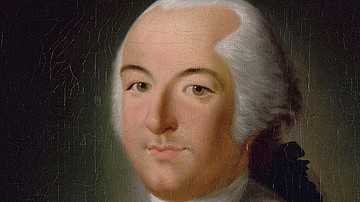
Definition
Louis Philippe II, Duke of Orléans
Louis Philippe II, Duke of Orléans (l. 1747-1793) was a French noble of royal blood. He was the head of the House of Orléans, a cadet branch of the royal Bourbon dynasty, and was a cousin of King Louis XVI of France (r. 1774-1792). Despite...
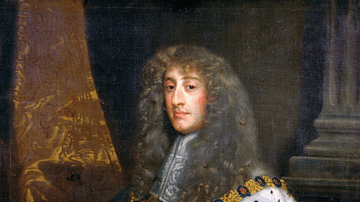
Definition
James II of England
James II of England (r. 1685-1688) reigned briefly as the king of England, Scotland, and Ireland until he was deposed by the Glorious Revolution of November 1688. James, also known as James VII of Scotland, was the fourth Stuart monarch...

Article
Coronation of Napoleon I
The Coronation of Napoleon I as Emperor of the French took place on Sunday 2 December 1804, in the Notre-Dame de Paris cathedral. A sacred ceremony held to legitimize Napoleon's reign, the coronation signaled the birth of the First French...
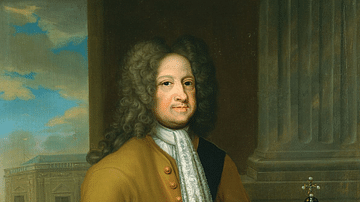
Definition
George I of Great Britain
George I of Great Britain (r. 1714-1727) succeeded the last of the Stuart monarchs, Queen Anne of Great Britain (r. 1702-1714) because he was Anne's nearest Protestant relative. The House of Hanover secured its position as the new ruling...
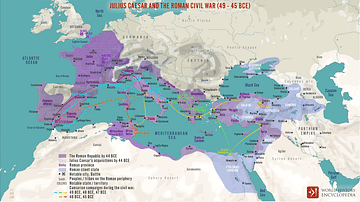
Definition
Roman Republic
In the late 6th century BCE, the small city-state of Rome overthrew the shackles of monarchy and created a republican government that, in theory if not always in practice, represented the wishes of its citizens. From this basis the city would...
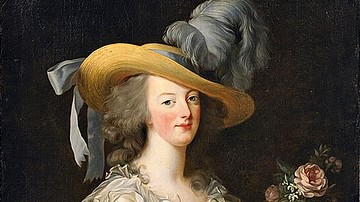
Definition
Marie Antoinette
Marie Antoinette (l. 1755-1793) was the queen of France during the turbulent final years of the Ancien Régime and the subsequent French Revolution (1789-1799). With the ascension of her husband Louis XVI of France (r. 1774-1792), she became...
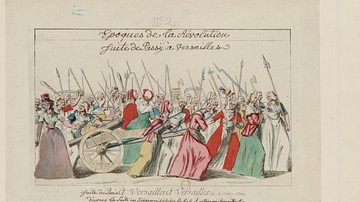
Definition
Women's March on Versailles
The Women's March on Versailles, also known as the October March or the October Days, was a defining moment in the early months of the French Revolution (1789-1799). On 5 October 1789, crowds of Parisian market women marched on Versailles...
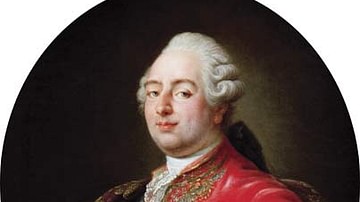
Definition
Louis XVI of France
Louis XVI (l. 1754-1793) was the last king of France (r. 1774-1792) before the monarchy was abolished during the French Revolution (1789-99). An indecisive king, his attempts to navigate France through the crises of the 1780s failed, leading...
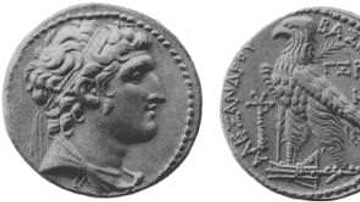
Definition
Seleucid Empire
The Seleucid Empire (312-63 BCE) was the vast political entity established by Seleucus I Nicator ("Victor" or "Unconquered", l. c. 358-281 BCE, r. 305-281 BCE), one of the generals of Alexander the Great who claimed a part of his empire after...
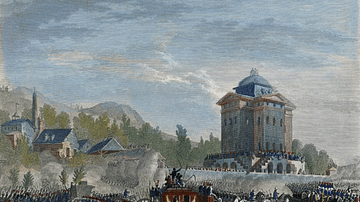
Definition
Flight to Varennes
The Flight to Varennes was a pivotal moment of the French Revolution (1789-1799), in which King Louis XVI of France (r.1774-92), his wife Queen Marie Antoinette (1755-93), and their children attempted to escape from Paris on the night of...